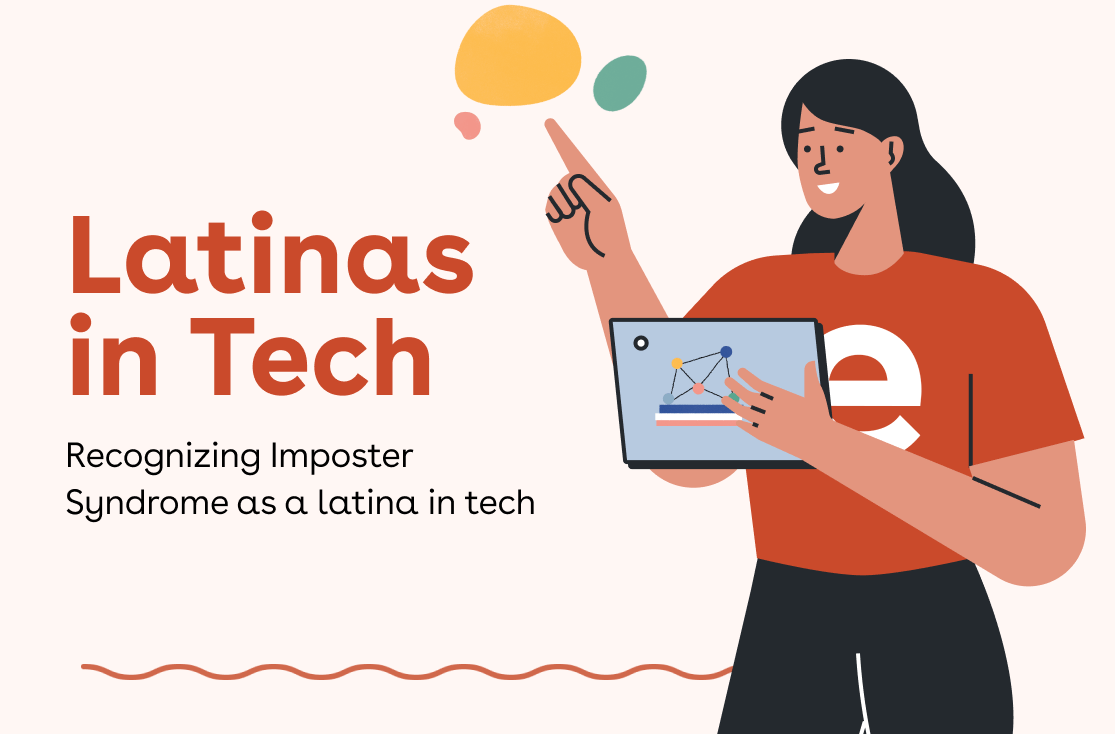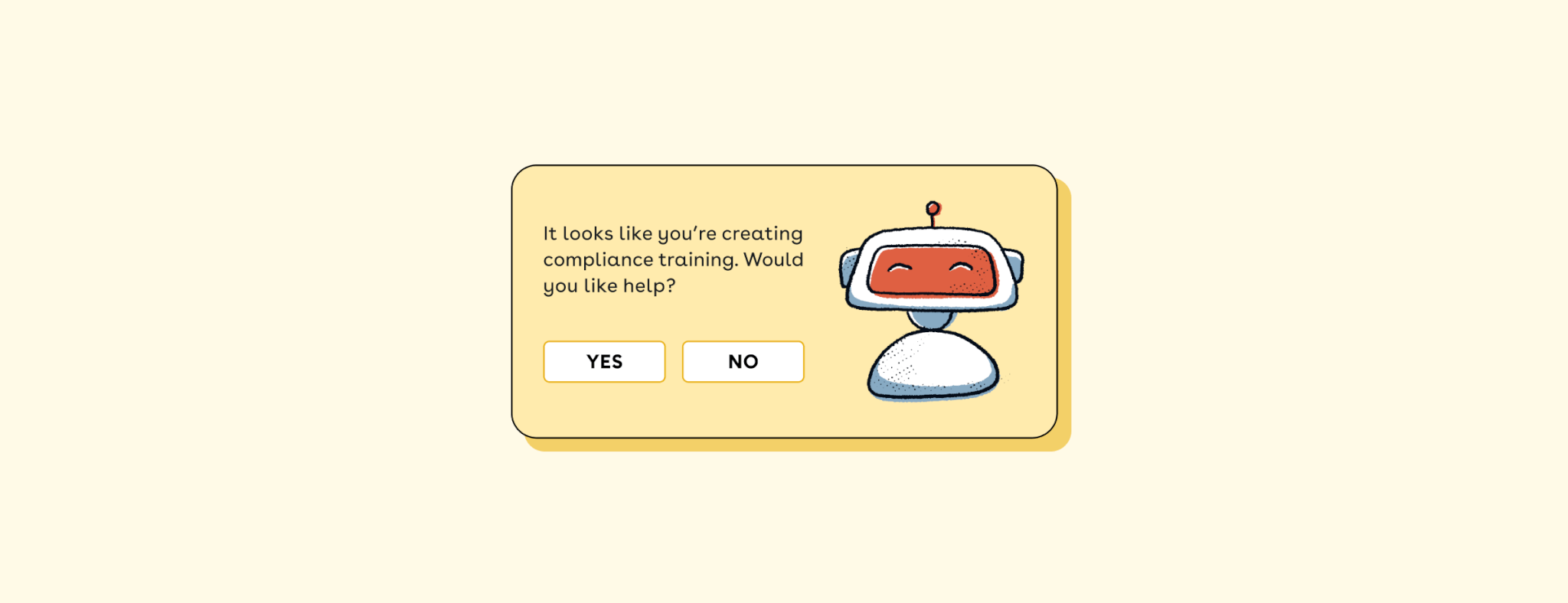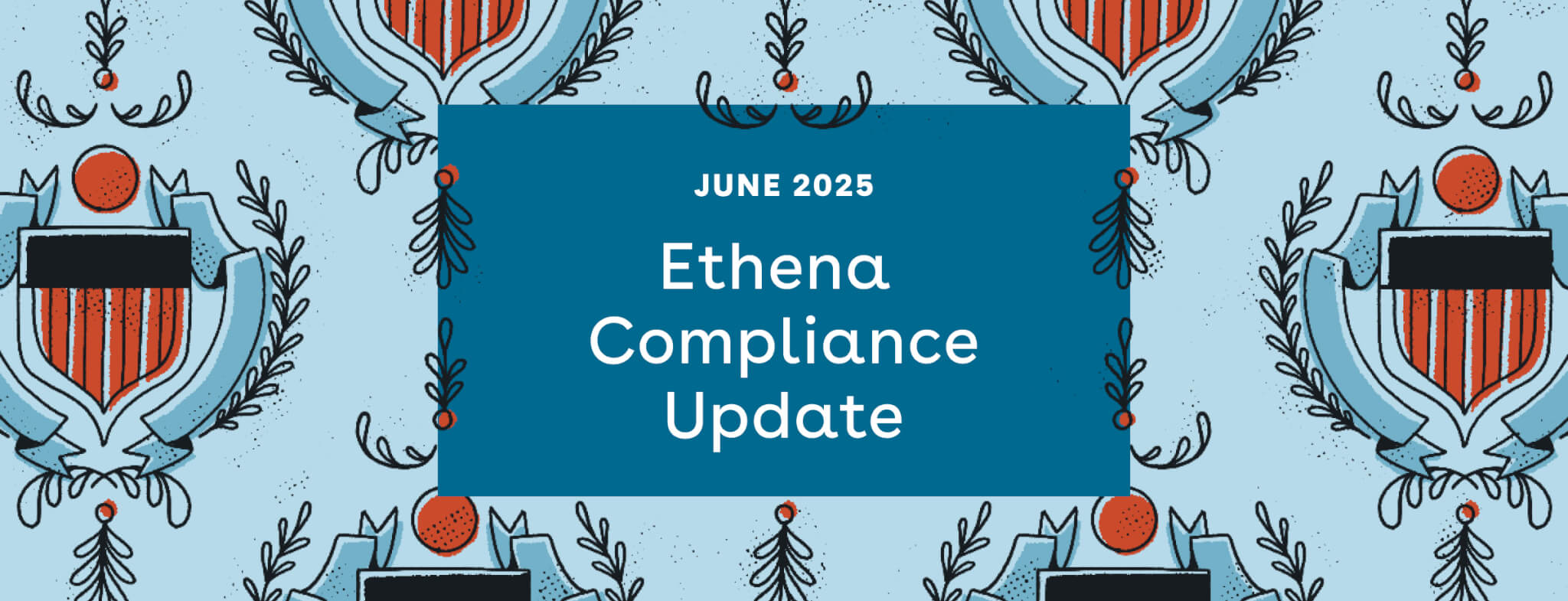Thinking about Resilience, Impostor Syndrome, and Mentors vs Sponsors after attending the Latinas in Tech Summit
Describing ourselves as “resilient” is never a bad thing. We go into interviews prepared to say our resiliency is one of our great attributes, and the hard work we put in has brought us where we are today–even to the interview. These statements were most definitely on my list prior to attending the Latinas In Tech Summit 2022 in May. Latinas In Tech is a non-profit organization creating a community that provides resources and opportunities for latinas to innovate, lead, and thrive in tech. The summit was filled with Latinx from all over the world competing in a startup contest, bonding through speakers from big tech companies, and networking with one another and recruiters to find out more information about their favorite companies.
To clarify, the main issue isn’t that we, as people of color, continuously work past one-off objections and problem solve. The issue lies in the cultural belief that we are not working hard enough to get what we want and that we are only worthy if we see success. During this virtual summit, the chat box blew up numerous times with “feels like you know me” and “wow, did we all really live the same life?!” which normally makes someone feel seen, but this time it was more of a collective understanding that it’s okay to change this narrative.
“Machismo” is the over-exaggerated masculinity and self-resilience often found in Latinx households, particularly among men. But, attending this summit, we began to recognize that the women are found asserting this same resilience, especially in business. Crunchbase found in 2021, only 2.1% of venture capital was invested in Latinx founded startups. It’s no wonder women of color feel the pressure to work harder when the reality is hard work isn’t the only way to get to the top. At this point, you may be asking “well, how can we change this?” Some immediate actions we can take are recognizing the prevalence Imposter Syndrome and educating ourselves about Mentorship vs. Sponsorship.
Impostor Syndrome
Some amazing women from Roblox, Salesforce, and Spotify spoke on sometimes being the only Latina in the room and becoming comfortable with that. Overcoming names and jokes including the words spicy or feisty is where we can make call outs (and allies can call out colleagues as well). Culturally, we’ve had many family conversations about being thankful for the roof over your head and therefore playing it safe in confusing professional conversations. But recognizing we belong and are worthy of being in the same room if a company hired you is the first step to overcoming Imposter Syndrome, and if your company cares about inclusivity, you should feel valued for the work and personality you bring to the table. Margarita Martinez at Roblox, Tai Veloso at Salesforce, and Catalina Laverde at Spotify all spoke very encouragingly during the Imposter Syndrome discussion and I highly recommend you give them a quick follow.
Mentorship vs. Sponsorship
Having a mentor is a great professional opportunity. I personally (thankfully) have had many mentors in my life, and because of this, I’ve been introduced to the concept of mentorship–i.e. passing lessons learned onto mentees. But how is this different from a sponsor? Easily put, mentors guide their mentees and make sure they’re asking the right questions; sponsors will put their name on the line for you. Sponsors form out of healthy mentorship relationships and are often considered the next step: mentors advise and sponsors advocate. Many POC connect with many mentors throughout their lives, and figuring out how to bring in conversations regarding sponsorships is the next step in making career advancement for POC more equitable. Some ways for mentors, leaders, and executives to go from mentor to sponsor is to first be sure you are willing to sponsor someone (this could be a lot to ask for). A great first step is going from asking your mentees the right questions to teaching them the basics. “I'm excited about this new role, this is what i bring to the table, and this is where i could benefit from your coaching” as Ana Pinczuk put it.
In my role as a rising Sales Development Representative with access to a community of mentees through Us In Technology, I plan to focus on change through conversations, by building relationships and asking what it is I can do to help them succeed. Along with that effort, I’ll be adding to my own LinkedIn page with resources and consistent content to help the rapport building with my connections.
Interested in starting small? Latinas In Tech just announced the opportunity to become a mentor with them! Click the link to get matched to a mentee and start making small differences.
What’s next?
Asking the right questions and showing others how to have difficult conversations is just the beginning. If any HR, People Operations, DEI, or Learning and Development professionals want to learn more about workplace compliance that teaches these tools, feel free to direct message me.








